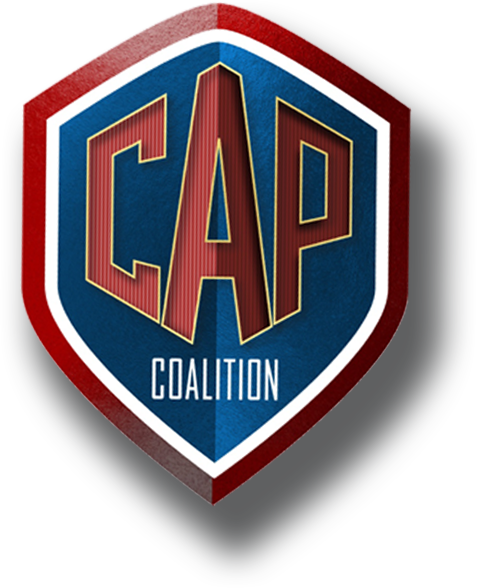How to Choose a Shop
Your vehicle transports some of your life’s most precious cargo – you, your family and loved ones. Having your vehicle repaired is not something to be taken lightly.
There are some questions you should be asking.
1 – Can you show me the repair procedures required by the manufacturer of my vehicle and confirm that all of those steps are being performed on my vehicle?
Many insurance companies try to barter with auto body shops to get them to cut corners and not complete all of the manufacturer required steps. They do this to mitigate their out-of-pocket expense on your vehicle. This is not what is in your best interest or the best interest of the integrity or value of your vehicle!
Your vehicle’s manufacturer goes to a lot of trouble outlining exactly how a vehicle should be repaired and the tooling that needs to be used to do such a repair after extensive testing. When deviating from that required repair the integrity of that repair and therefore, the safety of those inside the vehicle, are compromised greatly! This is EXTREMELY dangerous!!!
2 – Do you use only OEM (manufacturer made or “Original Equipment Manufacturer”) parts on my vehicle?
Any “aftermarket” parts are made my companies that try to duplicate the part made directly by the manufacturer. Aftermarket parts are not tested to the same level as the parts made by your manufacturer and therefore are less expensive than the part made by the manufacturer yet, also less safe.
When you look at the estimate from the auto body shop or the insurance company you should see next to each part whether it is an OEM, ALT-OEM (Alternative OEM), OPT-OEM (Optional OEM), or Aftermarket. Do not settle for anything less than OEM parts. This is what your manufacturer deems necessary for a proper repair.
For more information on the different types of parts you can read more here: https://ciclink.com/general-automotive-parts-definition/
3 – Are you certified by my vehicle’s manufacturer?
Every manufacturer has a certification program where auto body shops can apply to become certified. If a body shop shows that it is certified by a manufacturer then you know that the shop has spent quite a bit of money on training for their team, purchasing the proper tooling and is committed to following the manufacturer’s procedures. Not all certified auto body shops will follow the manufacturer’s procedures and will allow the insurance company to strong-arm them into performing a lower quality repair!
If a collision repair center is dedicated to following all of the manufacturer’s procedures and protocols for fixing your vehicle – as CAP Coalition members should – then oftentimes you do not need a certified repair facility for your vehicle.
There are times when manufacturers restrict parts and only allow certified auto body shops to purchase required parts. This is more of a case on higher end vehicles like Jaguar, Land Rover, Tesla, Porsche, etc. The higher end certifications are also much more strict with their certifications and shops will lose their certification status if found to have used a non-OEM part or have not performed all of the repair procedures outlined by the manufacturer.


